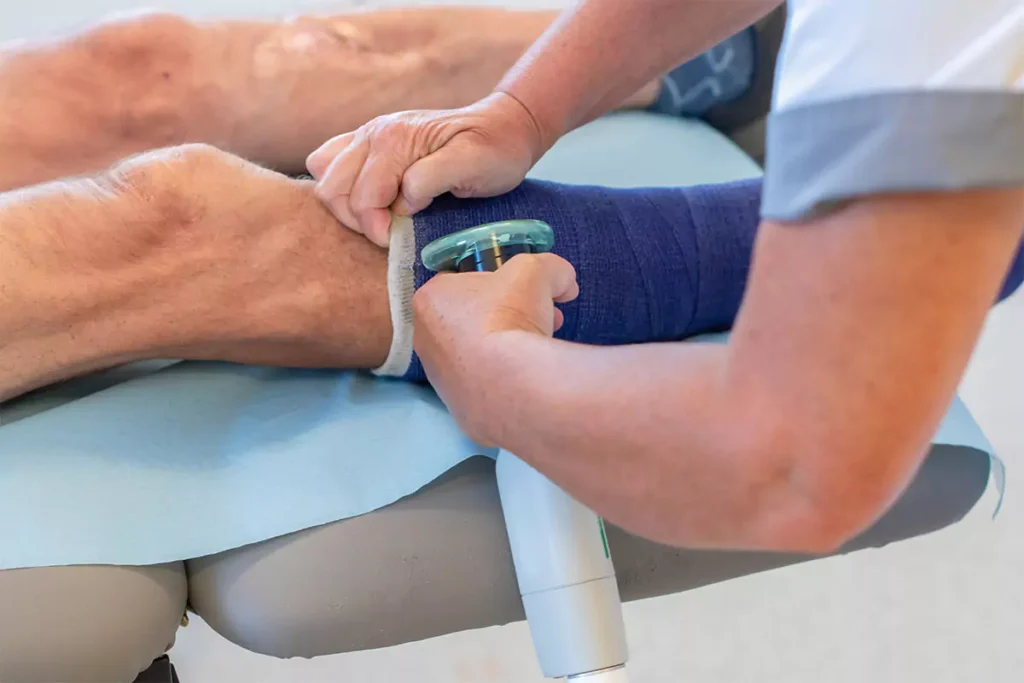Conservative Treatments in Orthopedics
Not every orthopedic problem requires surgery. In fact, many patients achieve long-lasting relief and improved mobility with conservative (non-surgical) treatments. These methods focus on easing pain, restoring function, and supporting natural healing—without the risks or downtime of surgery. At our clinic, we always explore non-surgical options first, ensuring patients receive the safest and most effective care tailored to their condition.

What Are Conservative Treatments?
Conservative treatments are medical approaches that manage orthopedic conditions without surgical intervention. They can help:
- Reduce pain and inflammation
- Strengthen muscles and joints
- Improve balance, posture, and flexibility
- Slow the progression of joint or spine disorders
This holistic approach empowers patients to take an active role in their recovery and daily wellness.
Common Non-Surgical Methods
Physical Therapy & Exercise
Targeted exercises improve strength, flexibility, and stability. Therapists may also use manual therapy, stretching, or posture training to restore function.
Medications
Anti-inflammatory and pain-relieving medications can provide short- or long-term relief, often combined with therapy for optimal results.
Injections
Corticosteroid or hyaluronic acid injections reduce inflammation and pain in affected joints, delaying or preventing the need for surgery.
Bracing & Supports
Orthopedic braces, splints, and supportive devices help protect the joint, correct alignment, and promote healing.
Lifestyle Modifications
Simple changes—like weight control, low-impact exercise (swimming, cycling, walking), and ergonomic adjustments—make a big difference in joint health.
Advantages of Conservative Care
- Minimally invasive and low-risk
- Faster recovery compared to surgery
- Cost-effective and sustainable
- Personalized treatment plans for each patient
When Is Surgery Considered?
Conservative treatments are often the first step, but in cases where pain persists or mobility severely declines, surgical options may be recommended. Our specialists carefully evaluate each case, ensuring patients only undergo surgery when absolutely necessary.
✅ Conclusion: Conservative treatments are a safe and effective way to manage many orthopedic conditions. By focusing on non-surgical solutions, patients can return to daily life with less pain, better mobility, and greater confidence.